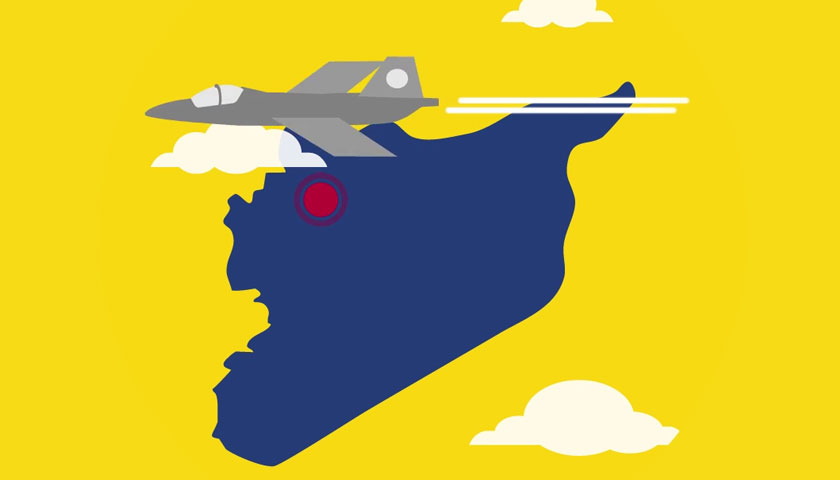Sentry, the first publicly available product by Hala Systems, is a threat-prediction system designed for use by civilians in conflict zones. Launched in August 2016, it employs transformative technology to generate early warnings in advance of threats such as airstrikes, providing civilians crucial minutes to find shelter.
Sentry is an indication and warning system that utilizes a multi-sensor network to generate a credible, real-time situational awareness of threats in the toughest places on Earth. Sentry uses artificial intelligence (AI) to instantaneously validate information from multiple sources, allowing stakeholders to detect, identify, model, and predict threats. Sentry acts as a low-cost, exportable, and locally administrable knowledge platform designed to gather critical data from areas where it is scarce: war zones, disaster areas, and wilderness, providing an independent and immutable record of events.
Hala’s interactive real-time analysis portal, Insight, provides an interface to data aggregated from multiple sources. In addition to mapping and the visual display of quantitative information, Insight also features AI-driven tools to identify trends, predict change, and instantaneously recognize the impact of myriad events at scale.
Hala’s first deployment of Sentry is in areas of Syria under constant threat of indiscriminate bombing. In the last two years, Sentry has made over 105,000 observations of threatening aircraft, reported on 6,981 airstrikes, and reached an estimated 2,100,000 people inside of Syria with its automated warnings.
According to a preliminary analysis, Hala’s technology solutions resulted in an estimated 20-27% reduction in casualty rates in several areas under heavy bombardment in 2018.
Hala Systems is a social enterprise that uses AI, remote sensing, and the internet of things to save lives in conflict zones, to combat disinformation, and to protect everything that matters. We have 21 full-time staff as well as 49 part-time partners. The three founders are a rocket scientist, a former US diplomat, and a former McKinsey consultant specialized in tech-driven social enterprise — each of whom has more than 15 years of experience. Our team has five PhDs and come from institutions such as Stanford, MIT, Wharton, Cambridge, UCL, Imperial, London Business School, MIT-Lincoln Laboratory, Johns Hopkins Applied Physics Lab, Deloitte, Booz Allen, and the World Bank.
The Martin Agency had the unique opportunity to partner with Hala Systems to produce a social video, encouraging Syrian civilians to download the Sentry Syria app, which provides advance warning for random air strikes near them prompted by the Bashar al-Assad regime. The technology was covered recently in WIRED.
“The Sentry early warning system is already saving lives,” exclaimed John Jaeger, Founder and CEO of Hala Systems. “Our plan now is to do more for the two billion people living in countries affected by fragility, conflict, and violence.”
Genocide, ethnic cleansing, mass rape, and scorched earth policies continue as strategies of war. Yet technologies such as AI and the internet of things have radically reduced the costs and increased the feasibility of empowering civilians to protect themselves and to avert tragedy — even in the most difficult of circumstances.
“With emerging technologies, humanity has the opportunity to reduce suffering on a massive scale in ways that were previously impossible – and, in many ways, totally unimaginable,” said Dave Levin, Founder and COO of Hala. “Our team aims to play a small part in this transformation, restoring a modicum of hope for civilians caught in conflict.”
Hala’s work was made possible by an early investment from global philanthropist Frank Giustra, whose family foundation seeks out innovative and entrepreneurial solutions that support vulnerable populations in conflict-affected areas. Hala has also received seed funding from angel investors such as Brian Paes-Braga of Quiet Cove Foundation, Tim Young of The Young Family Foundation, and Dr. Evan Malone.
“Fast, strategic investments for groups on the ground helping to mitigate conflict and humanitarian crises can save lives,” said Giustra. “We plan to continue this work, with Hala and others who aim to alleviate the suffering of communities affected by conflict.”
